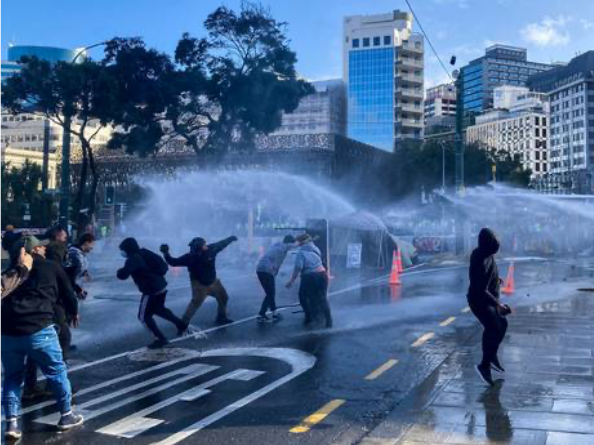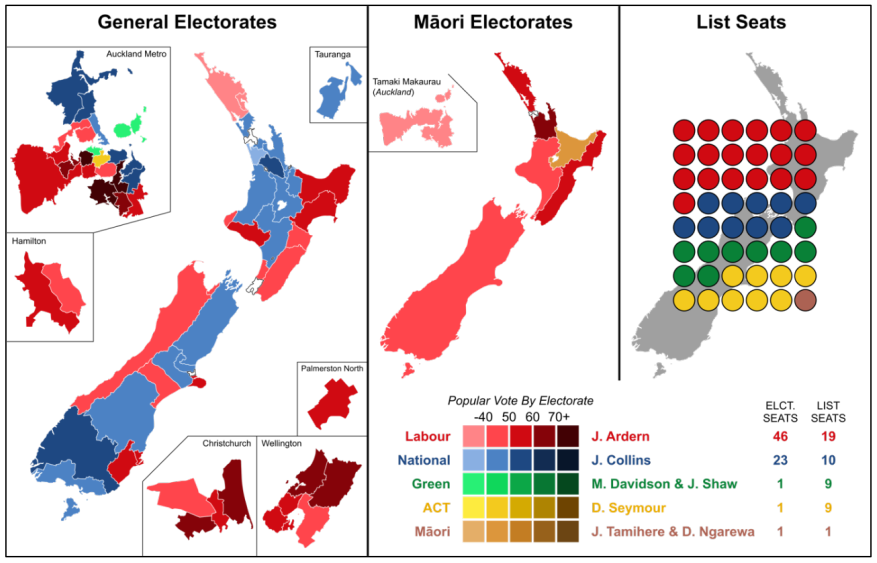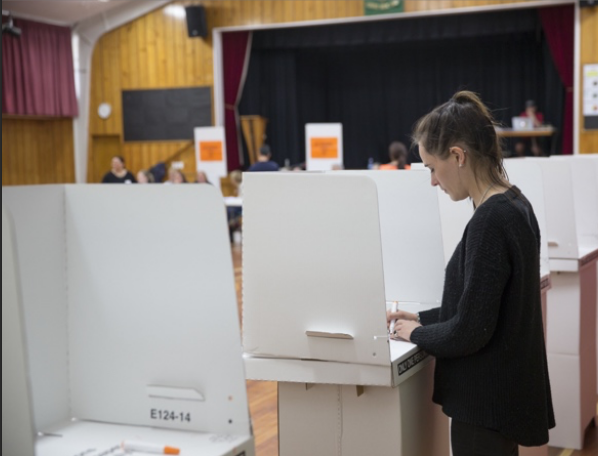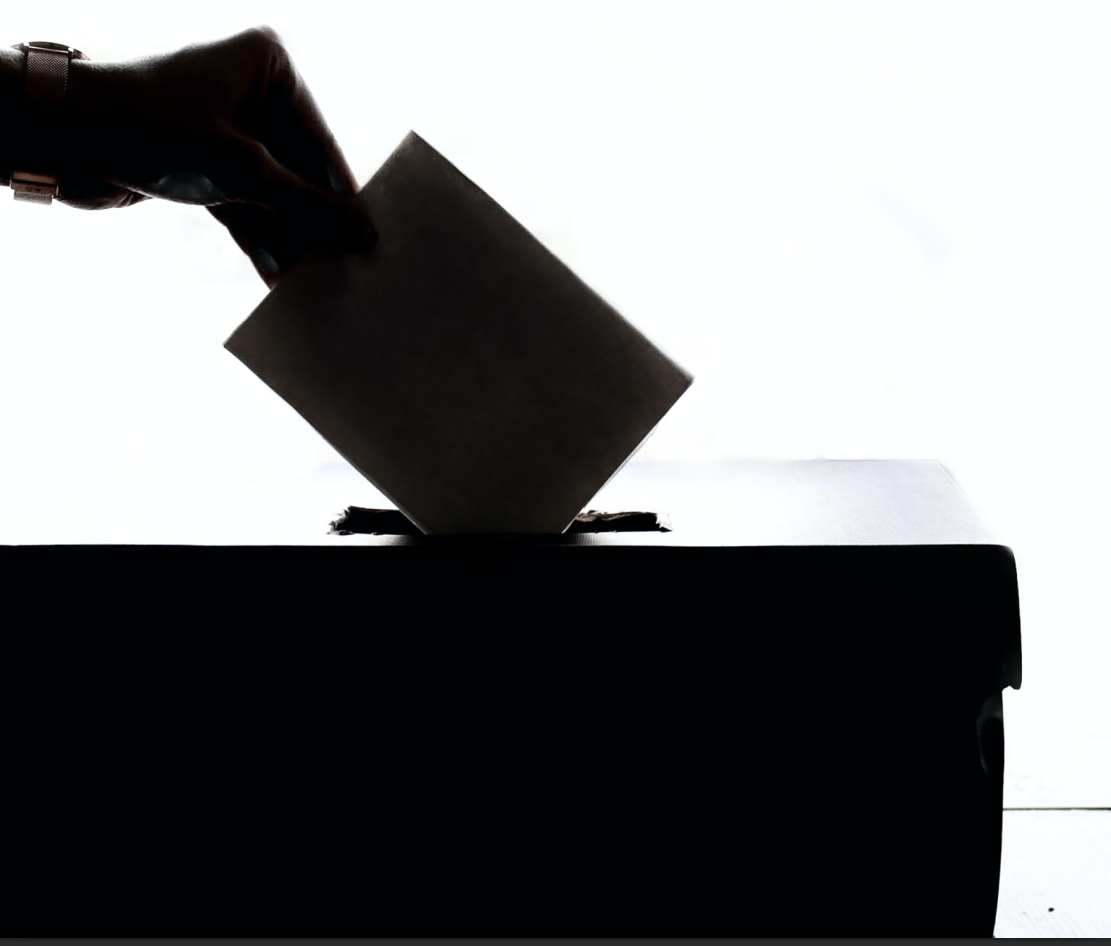Address
304 North Cardinal St.
Dorchester Center, MA 02124
Work Hours
Monday to Friday: 7AM - 7PM
Weekend: 10AM - 5PM


Protecting people, assets and information
Of the many key takeaways for New Zealand of the past five years is that despite our geographic location, we are not as isolated as we like to think we are. Whether it be the sensationalist politics of the United States becoming common place in the Beehive, the physical presence of Covid-19 on our shores and the influx of misinformation that followed quickly in its wake, or Russia’s ongoing war in Ukraine effecting the price we pay at the pumps, it is irrefutable that as a country we can no longer afford to bury our heads in the sand around security issues and say “that would never happen in New Zealand”.
While New Zealand will by no means be expecting significant election violence of similar scope to the May 2022 violence in Papua New Guinea that left 90,000 people displaced or the 2022 Philippines election violence that left six dead, election day violence in democratic Western countries does occur, with occurrences such as the 2021 January 6th Capitol Hill “insurrec5on” and locally, the 2022 Wellington protests, which ended in acts of arson, 250 arrests and eight police officers in hospital. A 2021 report from the Disinformation Project found that since Covid-19 there had been an
increase in “dangerous speech and disinformation related to far-right ideologies”, however even
events such as Steven Joyce Waitangi dildo-gate and the recent assault following the “tomato juice attack” on Posie Parker shows that the intent to commit violence is not limited to individuals that hold far-right ideology.
So, what does this mean for the security of the upcoming General Elec5ons here in New Zealand?
The vast majority of social commentators, security consultants and even MPs are in-agreement that the upcoming elections is likely to become a flashpoint for individuals and groups.
In October 2022, Greens’ party co-leader James Shaw called for a cross-party group to discuss security issues, a move that was agreed to by all parties, which is an indication that all parties see violence as a serious threat to the upcoming elections. This bi-partisan effort shows just how rattled the Beehive was by the violence in Feb-Mar 2022 and wider global trends and, while we are unlikely to see a sudden increase in bi-partisan cooperation on big ticket security items and policy, the cooperation in Shaw’s group does indicate a tacit acknowledgment from MP’s that politically motivated and/or single-issue extremism is a growing threat to New Zealand’s democratic process. It is unlikely the growing trend of political extremism will manifest itself in the form of widespread violence over the election period.

… even MPs are in agreement
that the upcoming elections
is likely to become a
flashpoint for individuals and
groups..
However, security services should consider possible violent escalation stemming from a protest/counter-protest situation and, how a probable increase of extremist language/content online in conjunction with mis/disinformation will affect vulnerable communities’ willingness to engage with the election process.
An example of the spread of mis/disinformation is the app TikTok. TikTok (which is already banned in India and banned from governmental devices in Five Eyes countries) is known as a placorm where mis/disinformation is routinely spread. This is concerning when 27% of New Zealanders are estimated to consume one hour of information off TikTok a day. Equally concerning is TikTok’s links to the Chinese Communist Party (CCP), with the app being accused of supplying client data to the CPP. What this means for New Zealand during the General Election is that online content relating to political parties that do not represent CCP values or interests may possibly be excluded or “shadow banned” from TikTok and similar placorms in order to influence the New Zealand public.
In order to proactively counter these risks, it is vital that a comprehensive and detailed threat and risk assessment of the upcoming General Election is conducted. General SOPs should be established to ensure the safety and integrity of staff and voting locations as well as the protective requirements of voters who travel to these sites to vote. Conduct of a safe, free, and fair election is vital for New Zealand as a whole to not only keep public confidence high but to also show to the international community that New Zealand is able to adapt to a fluid range of threats, especially if a significant event was to occur. Key tasks should be focused around identifying the various stakeholders and groups that likely pose a risk to the General Election process, before subsequently identifying what those entities capability and intent are to pose a threat to the process.



Wider public awareness
around mis/disinforma5on
and online influence to
assist the public in making
informed choices.
Contact: Chris Kumeroa, Managing Director | GRC Group | chris.kumeroa@globalrisk.co.nz
